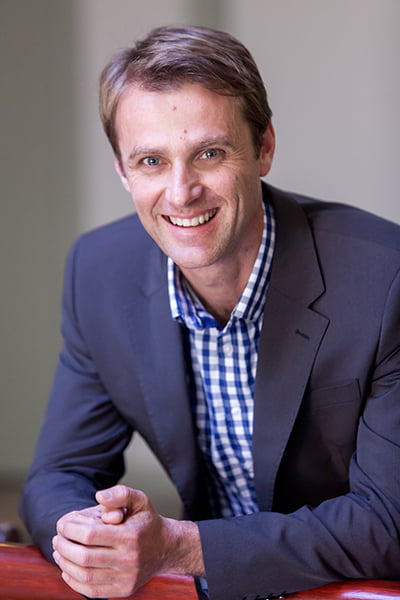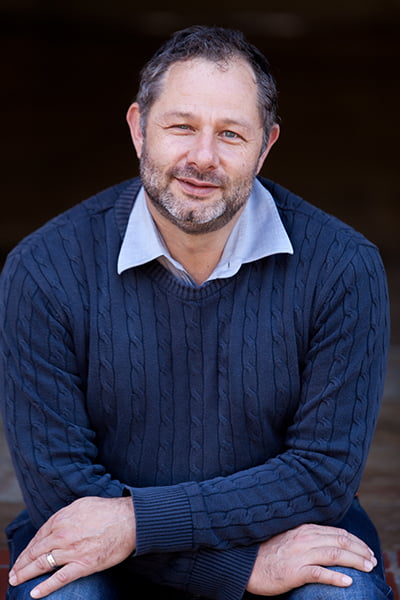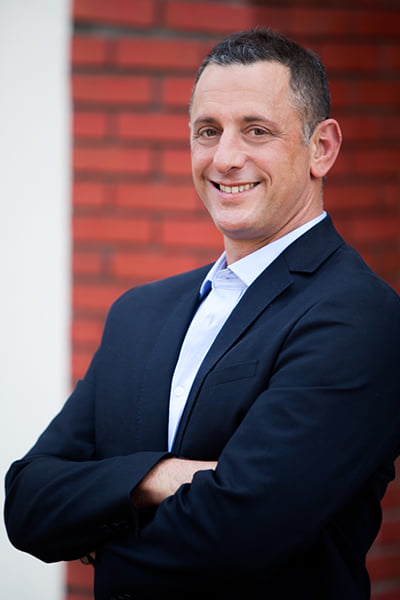The Western Cape Department of Environmental Affairs and Development Planning recently announced a 100% ban on organic waste to landfill by 2027, with a half-way target of 50% by 2022. While this will have a huge impact on many businesses, it is a welcome move towards achieving global climate targets.
According to GreenCape’s 2016 Market Intelligence report, out of the total of 7,7 million tonnes of waste produced annually in the Western Cape, 2,9 million is organic waste. Organic waste thus makes up a huge 37% of all the waste produced in the Western Cape.
Most major cities and local municipalities across South Africa have very little landfill space left and it’s estimated that the country has between three and five years before all landfill sites are full. And although it is possible to build new landfills, it is a costly and short-term solution to the problem.
Disposing of organic waste in landfills is particularly catastrophic to the environment as it rots and produces methane. This methane is 22 times more damaging as a greenhouse gas than carbon dioxide.
“Organic waste is anything that used to be alive,” said Hein Fourie, Operations Director of Zero Waste Technologies*, a subsidiary of GCX. “There is an overused fallacy that organic material just erodes away naturally and works its way back into the earth via landfill. While organic materials do deteriorate much quicker than processed materials like plastics, their place in landfills gives off potent greenhouse gases.”
“Organic waste also creates leachate – a potential pollutant that can runoff into local water sources at landfills. Furthermore, it attracts scavengers like rats, dogs, flies and maggots, crows and seagulls. The scavengers and smell of organic waste make refuse removal expensive. More importantly, organic waste occupies scarce landfill space,” he added.
The Good News – We Have a Place to Send Your Organic Waste
Kevin James, Director of Zero Waste Technologies, explains that there has been a dire need for this solution: “Waste data analysed through our enhanced data analytics and reporting capabilities, indicates that many businesses generate vast quantities of organic waste making compliance with the imminent organic waste bans challenging without a proactive and strategic roadmap.”
Zero Waste Technologies has partnered with Elgin Fruit Juices on a biogas plant that will accept the disposal of organic waste. The plant is located at the Elgin Fruit Juices’ factory in Grabouw, Western Cape.
They will also collect and transport organic waste to the facilities. Previously, no service existed that solely collected organic waste as a full wheelie bin is heavy, cumbersome and difficult to transport on a bakkie.
“In response to this, we specifically designed a truck to collect organic waste and deliver it to the Grabouw Biodigestion Plant. The truck can lift the organic waste wheelie bins. We wanted a truck that is robust, small enough to ride down the narrow streets of Cape Town but is big enough to transport substantial amounts of organic waste. This truck should begin operating in November this year,” said Fourie.
Exciting Plans Ahead
When organic matter, such as food scraps and animal waste, break down in an anaerobic environment (an environment absent of oxygen) they release a blend of gases, primarily methane and carbon dioxide. This creates biogas that can be converted to electricity and heat. Currently, Elgin Fruit Juices is using the electricity to operate their factory and the heat to create steam that is used in the production of juices.
The Grabouw Biodigestion Plant creates a digestate that is high in nutrient value. There is a farm next to the Elgin Fruit Juice factory where plans are underway to set up a composting facility as well as a semi-commercial farm that will be run by the local community.
“The goods from the farm will then be sold back to the very food retail stores that generated organic waste in the first place. This would mean that carbon-negative energy is created – a circular economic system – and an impoverished community is being empowered,” Fourie added.
With growing pressure from government, the corporate landscape needs to quickly adapt their waste management practices. If you are struggling to find cost-effective, alternative waste processing options and would like to find out more about supplying your organic waste to the Grabouw Biodigestion Plant, contact us now
* Zero Waste Technologies is the project development subsidiary of GCX and is focused on alternative waste project development such as waste to energy (W2E) and other viable and sustainable interventions. The company currently operates biogas facilities and is building a solid pipeline of W2E facilities across the country. Whether it’s our own facility or a bespoke solution, we will find an alternative and sustainable solution for your waste.









